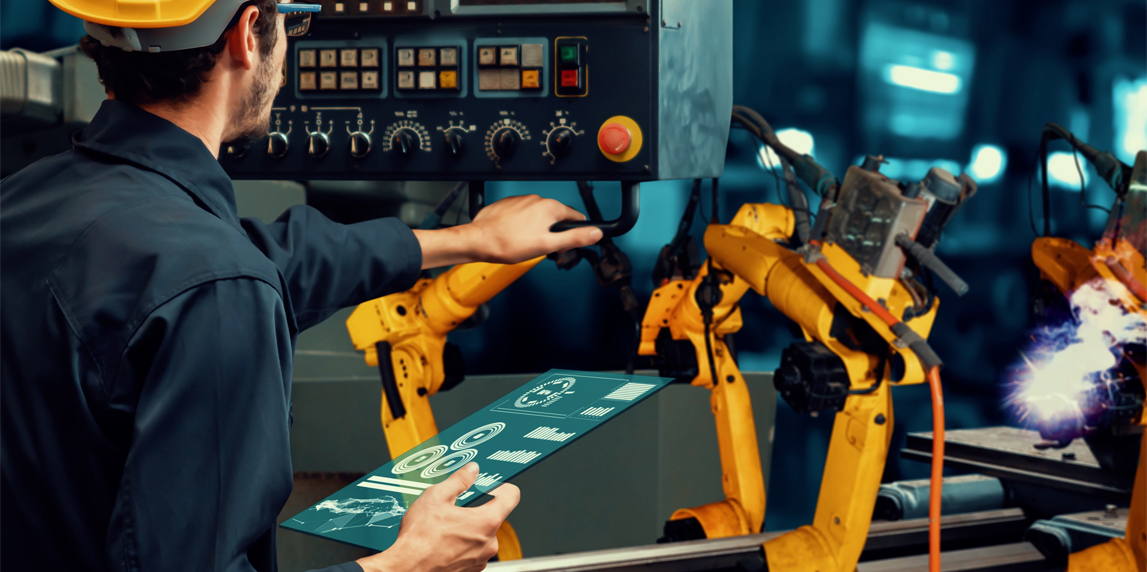In today's fast-paced industrial landscape, lean manufacturing has emerged as a game-changer. This operational strategy centers on one core principle—maximizing value by minimizing waste. From streamlining production lines to reducing material losses, lean principles are being embraced by manufacturers worldwide. One company leading this transformation through cutting-edge technology is LeisterTech, a provider of industrial machinery built for precision, automation, and performance.
This article explores how integrating advanced equipment—like hydraulic pushers, billet shears, and lifting magnets—can accelerate lean adoption and improve efficiency at every stage of manufacturing.
Reducing Waste Through Precision Equipment
Waste reduction is the foundation of lean manufacturing, and modern machinery is making that goal more attainable than ever.
Take, for instance, the role of hydraulic pushers. In high-throughput environments like steel mills, these systems ensure billets are pushed and aligned with exact force and timing. This eliminates material damage caused by manual handling and prevents unnecessary scrap, which often results from inconsistent processing.
Similarly, hot billet shearing systems bring consistency and precision to cutting processes. By leveraging temperature monitoring and automated shear adjustments, manufacturers can maintain dimensional accuracy, reducing rework and wasted stock.
When material waste is minimized, not only do costs drop—but the environmental footprint does too, aligning operational goals with sustainable practices.
Streamlining Flow and Minimizing Downtime
Lean emphasizes flow: the seamless movement of materials and processes. Smart machinery now makes it possible to maintain continuous operations while avoiding bottlenecks.
With real-time data tracking and IoT-enabled sensors, manufacturers can predict issues before they arise. Machines like billet shears and pushers now feature integrated analytics, alerting technicians to wear and performance issues. This predictive maintenance reduces unplanned downtime—a critical factor in lean environments.
Automated scrap transfer systems also contribute by swiftly removing leftover materials from work areas, reducing idle time and manual labor. When workflow is uninterrupted, productivity surges.
Enhancing Quality Through Consistency
Lean isn’t just about speed—quality is a key metric for waste reduction. Every defective product represents lost time, effort, and resources.
Machines designed for exact tolerances, such as billet shears and hydraulic pushers, offer the consistency manufacturers need. These tools are essential in industries where even minor deviations can result in major quality concerns.
Further supporting this is automated inspection. Integrated cameras and robotic vision systems now detect defects in real time, allowing faulty items to be removed before they move further down the line. It’s an immediate win for lean, which favors "right first time" quality standards.
Energy-Efficient Material Handling
Lean manufacturing extends beyond just reducing physical waste—it also includes energy and resource efficiency.
Heavy-duty lifting magnets are an ideal example. These tools move bulky steel components with minimal manual effort and lower power consumption. Compared to traditional material handling systems, LeisterTech’s lifting magnets reduce energy usage without compromising strength or speed.
Moreover, their design promotes better ergonomics and safety, helping companies improve worker conditions while also aligning with lean’s broader goals of systemic improvement.
Real-World Impact: Lean in Action
Companies adopting LeisterTech’s industrial equipment are already reporting substantial gains:
- Steel plants have seen reductions in billet damage and machine downtime after integrating hydraulic pushers and billet shears into their lines.
- Foundries using LeisterTech lifting magnets have improved handling times while significantly lowering energy costs.
- Assembly lines equipped with automated inspection systems now deliver higher-quality outputs, with fewer defects reaching the final stage.
By upgrading equipment, these manufacturers not only improved operational efficiency—they also positioned themselves to compete in increasingly lean and agile markets.
Looking Ahead: AI, Industry 4.0 & Sustainable Growth
The future of lean manufacturing is intrinsically tied to technological innovation. LeisterTech is already exploring AI-driven systems capable of analyzing process data to suggest real-time optimizations. These developments promise to eliminate inefficiencies that human operators might overlook.
Additionally, with the rise of Industry 4.0, digital twins and cloud-connected production lines will offer manufacturers unprecedented control and adaptability. Real-time simulations could soon become a standard practice in lean strategy.
Just as important is the ongoing push toward sustainability. Lean and green manufacturing are now deeply intertwined, and LeisterTech is ensuring its machinery supports both. From energy savings to recyclable material usage, every detail counts in creating a truly lean operation.
Final Thoughts
Lean manufacturing isn’t just a methodology—it’s a mindset. And for businesses ready to commit, technology plays a vital role in making it happen. From billet shears to lifting magnets, LeisterTech provides the tools needed to reduce waste, improve flow, and elevate quality standards.
As industry challenges evolve, one thing remains constant: efficient, precision-driven machinery will always be at the heart of lean success.






Comments